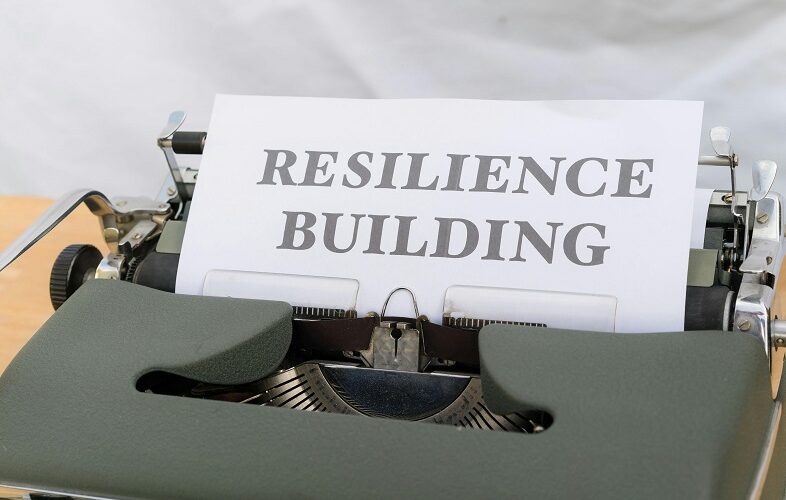Sujata Muguda, Shreyas WebMedia Solutions
24th July 2024: An illustration of emotional strength
In a culture where issues are constantly changing and things are constantly changing, considering emotional resilience is more important than ever. It is called the ability to cope and adapt to difficult situations. Rather than trying to escape stress and adversity, it’s about learning how to deal with it better and coming out stronger.
To understand the foundations of emotional resilience
The basis of adaptive self-knowledge
The foundation of emotional resilience is self-awareness. This includes being aware of how you feel, how you handle stress, and how your emotions affect your decisions and actions. Introspection allows you to recognize a stressful situation and actively manage your emotions.
Deal with your emotional impulses and regain control
Self-discipline and your ability to control your emotions in the face of challenges. It is the ability to act coolly and rationally against irrationality under pressure. Developing the ability to control yourself will enable you to make wise decisions and remain calm under pressure.
Mindset change: A flexible mindset
Quick thinking and adapting one’s thinking to changing circumstances is known as mental agility. This includes remaining open to new ideas, and new perspectives, and having original answers to issues. Strange things make dealing with life’s challenges easier.
The road to recovery: increasing your profits
The strengths approach focuses on identifying and utilizing your talents in the face of challenges. It all depends on recognizing your strengths and overcoming obstacles. By increasing your strength, you can let you increase your flexibility
Methods for Increasing Mental Hardiness
Take up mindfulness exercises and meditation.
Practicing mindfulness and meditation are useful strategies for building emotional resilience. By helping you to keep your awareness and attention, they reduce stress and worry. By improving self-awareness and self-regulation, regular practice boosts resilience.
Possess a Growth Mentality
When one has a growth mentality, they see challenges as opportunities for personal growth rather than threats. It encourages you to embrace learning and accept setbacks as necessary elements of the process. Those who have a growth mentality are more likely to stick with something and become resilient.
Plant with positivity and hope
Mindfulness and hope play an important role in building emotional resilience. By anticipating positive outcomes and focusing on the positive aspects of the situation, you can maintain your motivation and manage stress effectively.
Get involved in exercise
When you engage in physical activity, it benefits your body and your mind at the same time. Exercising daily helps improve flexibility in general, raises your mood, and reduces stress.
Seek professional help as soon as necessary
Professional support is sometimes needed to build emotional resilience. If you have any problems or issues with your stress, never hesitate to ask for the help of a therapist or counselor.
Final Thoughts: Getting mentally stronger for a better life
Emotional resilience is a skill that can be acquired and strengthened over time as opposed to genetic traits. By understanding its principles and implementing farming techniques, you can increase your ability to overcome life’s challenges. If you can embrace emotional resilience, you can succeed in the most challenging situations. Never forget the importance of knowing how to pick yourself back up after a fall. Embrace the journey of building emotional resilience and witness the beneficial changes that take place in your life.






